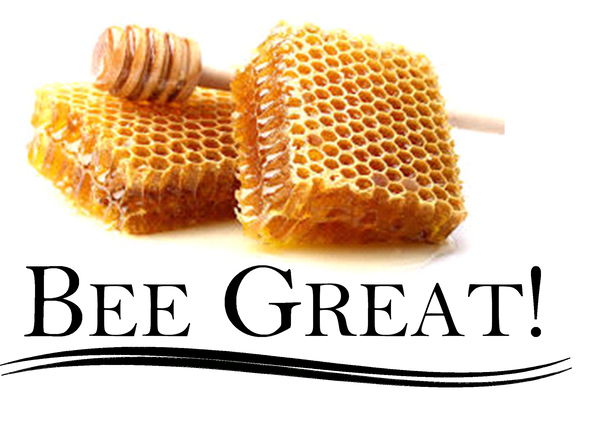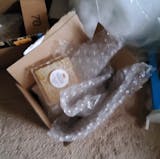Why We Choose Reusable Plastic?
Reusable plastic products are not only convenient but also help reduce waste. By using plastic containers, bottles, and utensils multiple times, you can significantly decrease the amount of single-use plastic that ends up in landfills and oceans. This simple switch can make a big difference in the fight against plastic pollution. All of our containers are food safe and can be used multiple times. And they can be recycled. Our flip top bottles make great containers for shampoo, liquid soap, salad dressings, condiments, etc. Our heavy duty honey spread containers, and our pollen containers are actually bariatric surgery containers. They hold half cup and one cup portions, respectively. They go into the freezer, microwave, and top shelf of the dishwasher repeatedly. They make great containers for Q-tips, cotton cosmetic removing pads, nuts and bolts, paper clips, rubber bands, etc. Our lip salve and lotion tins are metal and can be washed out and used for storage for any number of small crafting items. When you've used them as long as you'd like, please recycle them.
Negative Impacts of Glass
Reusable plastic is better for your wallet. Glass costs more to ship because of its weight, and it costs more than plastic to produce, so we are able to keep our prices lower by using reusable plastic containers. Additionally, glass shipments almost always contain breakage, and we have to wash each glass container to ensure there are no small shards of glass in our honeys. This requires a significant amount of water, which not only increases our costs that we pass along to you, but it wastes water because our plastic containers come prewashed ready for filling, requiring the containers to only be washed one time by the manufacturer and not again when we fill them.
There is an environmental impact of glass production. Glass bottles have a higher environmental footprint than reusable plastic containers. The mining of silica sand causes land deterioration, the loss of biodiversity, and the exploitation of workers in developing regions of the world. Exposure to silica sand dust causes public health risks in these regions as well. There is a current global shortage of sand, which is the second most-used resource in the world after water. According to the UN, sand is now used faster than it can be replaced. Glass also takes much higher temperatures to melt in the production process than plastics. So even when glass is recycled, a significant amount of energy is used and CO2 immitted.
Ubiquitous Use of Plastic in Honey Production
It is almost impossible to avoid honey coming in contact with plastic. Plasticell is a sheet of plastic with a honeycomb pattern imprinted into it that encourages the bees to draw out honeycomb evenly across the frames in the hives. This provides rigidity to the frames when they spin in the extractor allowing the honey to be separated from the comb, and the comb to be reused so the bees don't have to put as much energy into storing honey in the hive. Plastic honey gates - the valves used in the extractors and capping tanks - are also made of plastic. The buckets honey is stored in are also food grade plastic. So even if the honey is sold in glass containers, it has been in contact with plastic from the day the bees brought it into the hive as nectar.
Please Reuse and Recycle
The key to making our choice of using reusable plastics effective in the long run lies with you. Please be sure to reuse and recycle our containers. We're not asking anyone to agree with our decision, it is our decision and we hope you'll support our family. We know that plastics have a negative impact on the environment as well, but we believe reusable plastics offer the best benefits for our customers. They are easy to use, less messy, and don't shatter. Thanks for taking time to read why we prefer reusable plastics to glass containers for our products.


